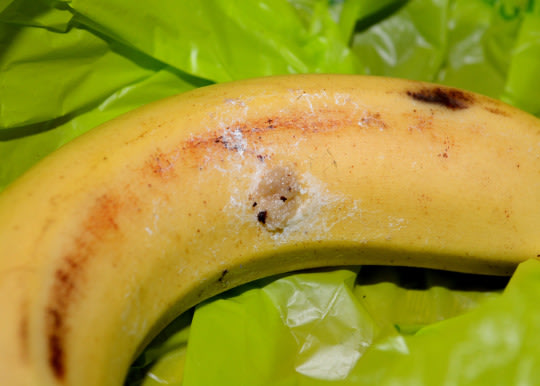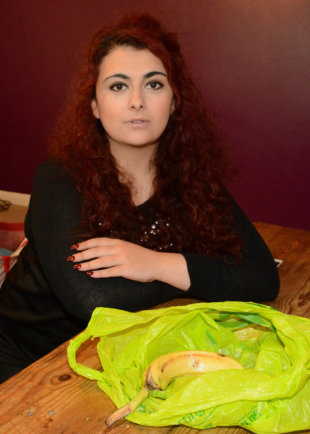Brain scans afterwards revealed that levels of dopamine were higher in every case. But what the participants didn’t know was that none of them had taken levodopa—all had been given the placebo. Despite that, the sugar pill—or perhaps the expectation of a result—had caused chemical changes in their brains.1
The power of the placebo is recognized by medicine as a way to test the real effects of a drug over and above our thoughts or expectations. The trick is to not tell the participant whether he’s been given a drug or a placebo in what is called a ‘double-blind placebo-controlled’ trial, the gold standard of medical studies.
But something strange has been happening with the placebo effect over the past 20 years—it’s been getting stronger. In fact, it’s been getting so strong that it’s matching, and sometimes surpassing, the effects of painkillers, and it’s stopping the development of new drugs in its tracks.
Several major new drugs have fallen at the last hurdle when tested against the placebo response, and it may cost a drug company upwards of £1 billion in research and development for a product that has to be scrapped.READ MORE-https://www.wddty.com/magazine/2015/december/stronger-than-drugs.html







